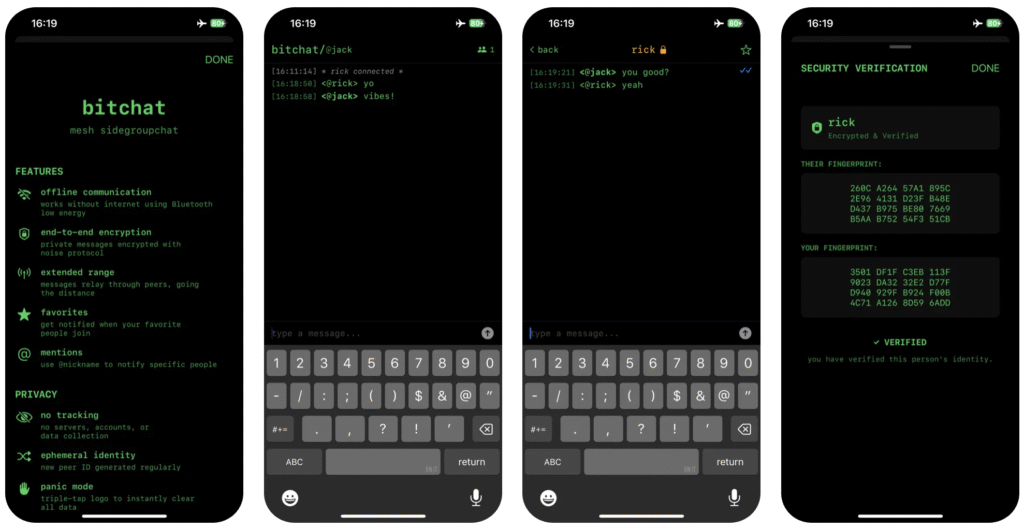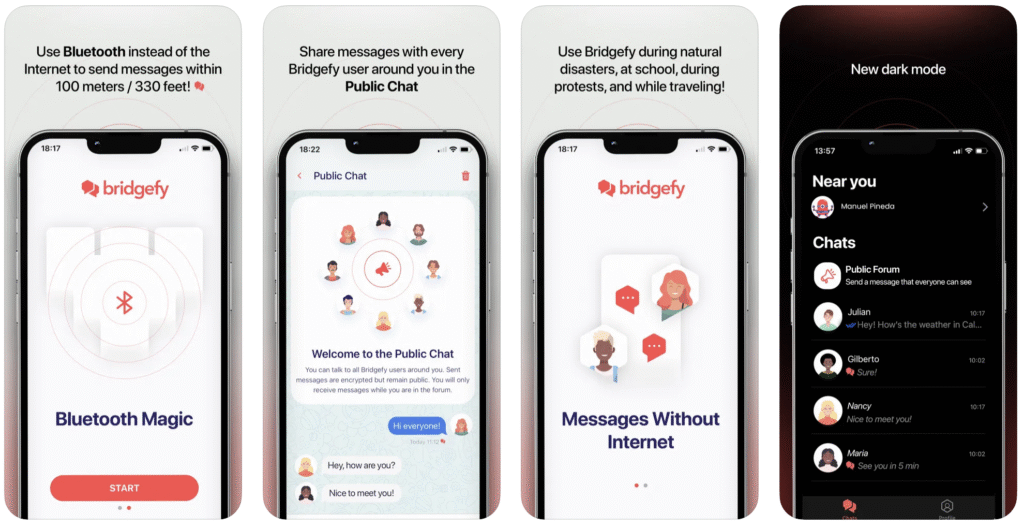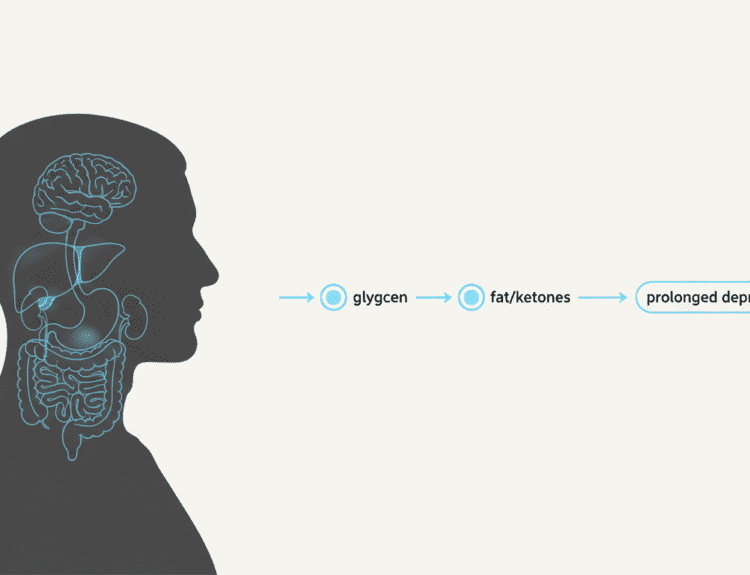In a world where digital privacy is under constant threat and internet access can be unreliable or censored, a new app is making waves for its radical approach to communication. Bitchat, developed by Twitter and Block co-founder Jack Dorsey, is a messaging app that works entirely offline, using Bluetooth mesh networking to connect users without the need for Wi-Fi, cellular data, or even SIM cards. But is it the privacy revolution it claims to be, or just another tech experiment? Let’s dive into what makes Bitchat unique, its features, and the early controversies surrounding its launch.
What Is Bitchat?
Bitchat is a peer-to-peer messaging app that allows users to send messages directly to each other via Bluetooth, forming a mesh network that can relay messages across multiple devices. This means you can communicate with others nearby—even if the internet is down, censored, or simply unavailable. The app is open-source, platform-agnostic, and available for both iOS and Android (though Android users must sideload the app from GitHub, as it’s not yet on Google Play) [Mobile Hacker].

“Imagine a world where your messages aren’t stored on massive company servers, where you don’t need a phone number or email to chat, and where communication continues even if the internet goes down. That’s the vision behind Bitchat.”
— Mobile Hacker
Key Features
1. Offline, Decentralized Messaging
Bitchat operates entirely offline, using Bluetooth Low Energy (BLE) to create a mesh network. Messages hop from device to device until they reach their destination, with no central server or cloud storage involved [TechCrunch].
2. Privacy and Anonymity
No registration is required—no phone numbers, emails, or accounts. The app generates random peer IDs each session, making your identity ephemeral. All messages are end-to-end encrypted, and by default, messages are stored only locally and vanish after a short time unless retention is enabled by a channel owner [Mobile Hacker].
3. Emergency Wipe
A standout privacy feature is “Panic Mode” or Emergency Wipe, which lets users instantly clear all app data by triple-tapping the logo.
4. Group Chats and Channels
Users can join or create group chats (called “rooms” or “channels”) using IRC-style commands. Channels can be password-protected and named with hashtags. The app also supports private messaging, blocking, and channel management commands.
5. Cross-Platform and Open Source
Bitchat’s protocol is open-source, allowing rapid development and community scrutiny. Both iOS and Android users can communicate, and the code is available for review and improvement.
How Does Bluetooth Mesh Networking Work?
Bluetooth mesh networking allows devices to connect directly and relay messages across a network of nearby devices. This decentralized approach means that even if one device goes offline, messages can find another path. The range is typically 10–100 meters per device, but with enough users, the network can cover larger areas—up to 300 meters, according to Dorsey [TechCrunch].
Use Cases
Bitchat is designed for scenarios where traditional communication fails or is compromised:
- Music festivals and large events: Stay connected when cell networks are congested.
- Disaster zones: Communicate when infrastructure is down.
- Protests and activism: Avoid surveillance and censorship.
- Off-grid adventures: Keep in touch while camping or hiking.
- Backup communication: Serve as a fallback when mainstream apps are unavailable.
“Innovative and relevant in the digital privacy era; Bitchat could be a communication solution when the internet is unavailable or censored.”
— Manajemen Rekayasa, Mobile Hacker
Limitations and Concerns
1. Limited Range
Bluetooth’s range is inherently limited. For long-distance messaging, there must be a chain of users between sender and recipient.
2. Security Flaws
Despite being marketed as “secure,” Bitchat has not undergone external security review. Security researchers have already found vulnerabilities, including the ability to impersonate users and issues with identity verification. Dorsey himself has added a warning to the app’s GitHub page, stating:
“This software has not received external security review and may contain vulnerabilities and does not necessarily meet its stated security goals. Do not use it for production use, and do not rely on its security whatsoever until it has been reviewed.”
— Jack Dorsey, via TechCrunch [TechCrunch]
3. Impersonation Risks
Security researcher Alex Radocea demonstrated that it’s possible to impersonate other users, undermining the app’s claims of secure communication.
“A protocol that has the right vibes can have fundamental substance flaws that compromise everything it claims to protect.”
— Alex Radocea, Security Researcher [TechCrunch]
4. Not Yet on Google Play
Android users must sideload the app from GitHub, and there are already fake Bitchat apps on the Play Store, which could pose security risks.
Alternatives
Bitchat isn’t the first app to use Bluetooth mesh networking. Bridgefy is a notable alternative, popular during the Hong Kong protests. However, Bridgefy requires an internet connection for initial setup and account creation, which Bitchat avoids [Mobile Hacker].

Conclusion
Bitchat is a fascinating experiment in decentralized, privacy-focused communication. Its offline, open-source approach is timely in an era of increasing digital surveillance and unreliable internet access. However, users should be cautious: the app is still in early development, with significant security concerns yet to be addressed. As Jack Dorsey himself warns, don’t rely on Bitchat for sensitive or critical communications—at least not yet.
“Security is a great feature to have for going viral. But a basic sanity check, like, do the identity keys actually do any cryptography, would be a very obvious thing to test when building something like this.”
— Alex Radocea, Security Researcher









